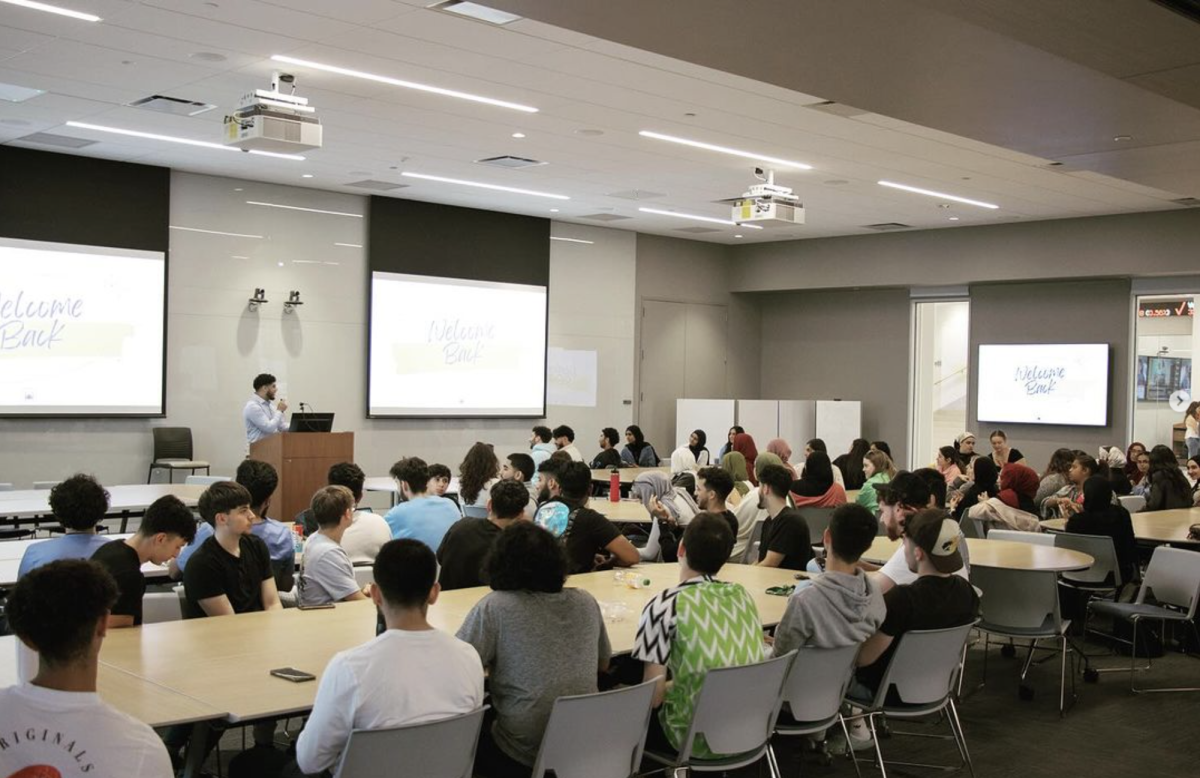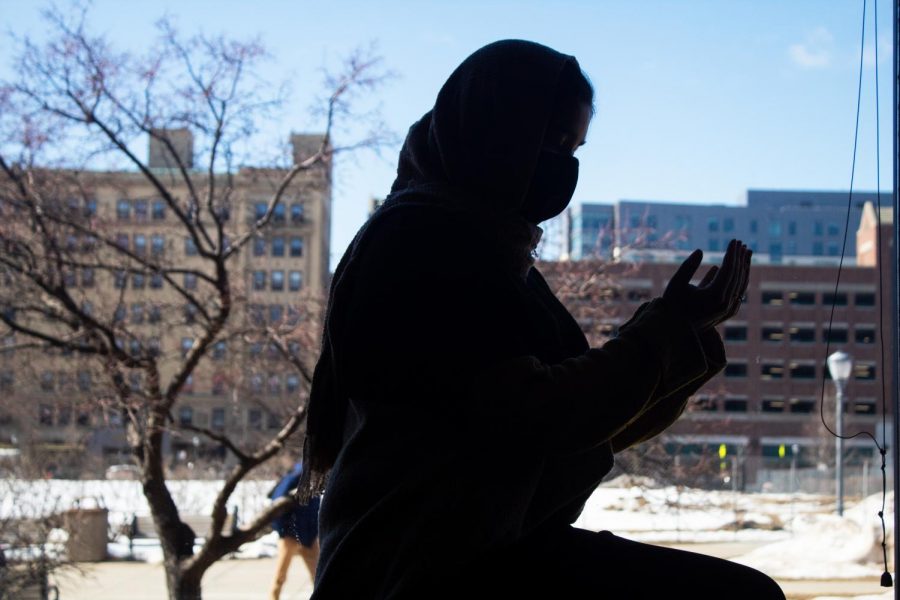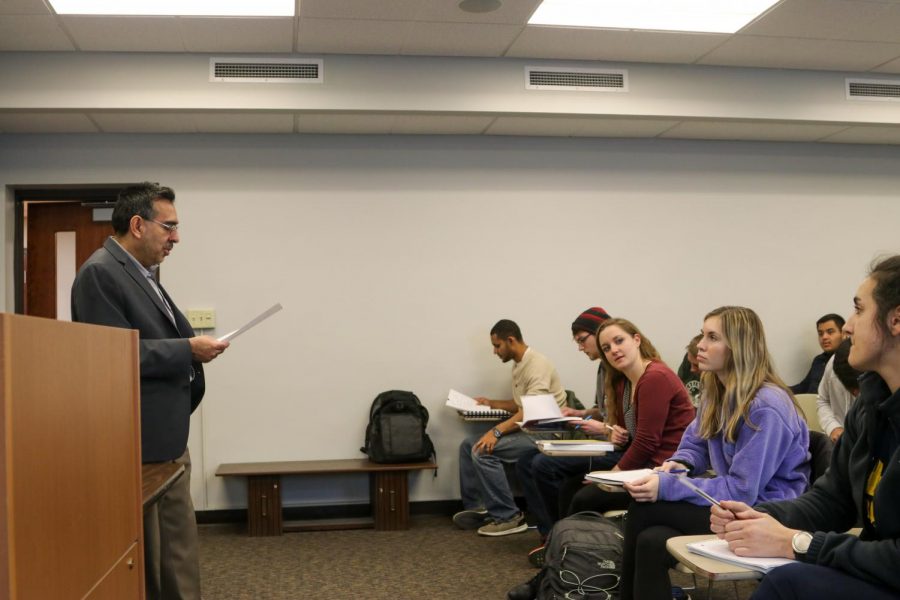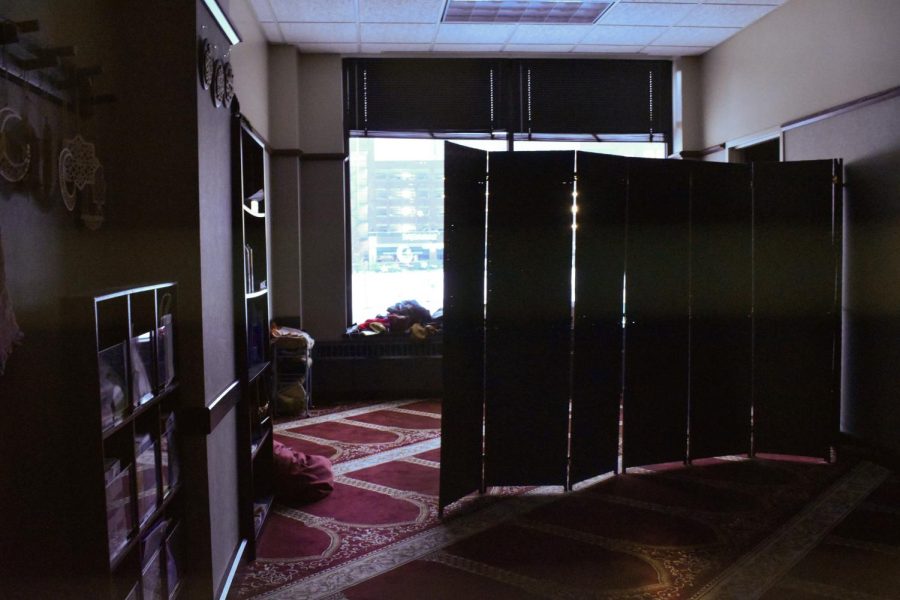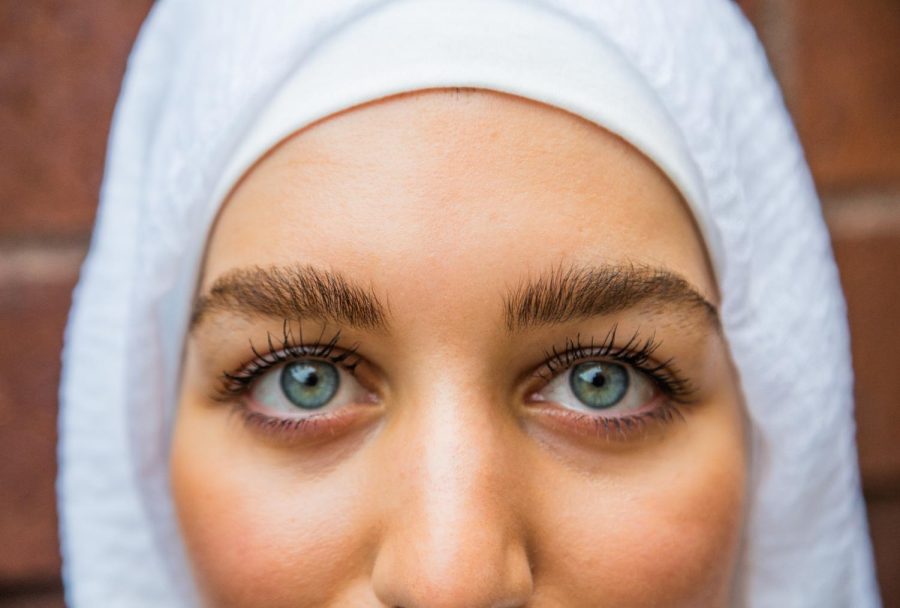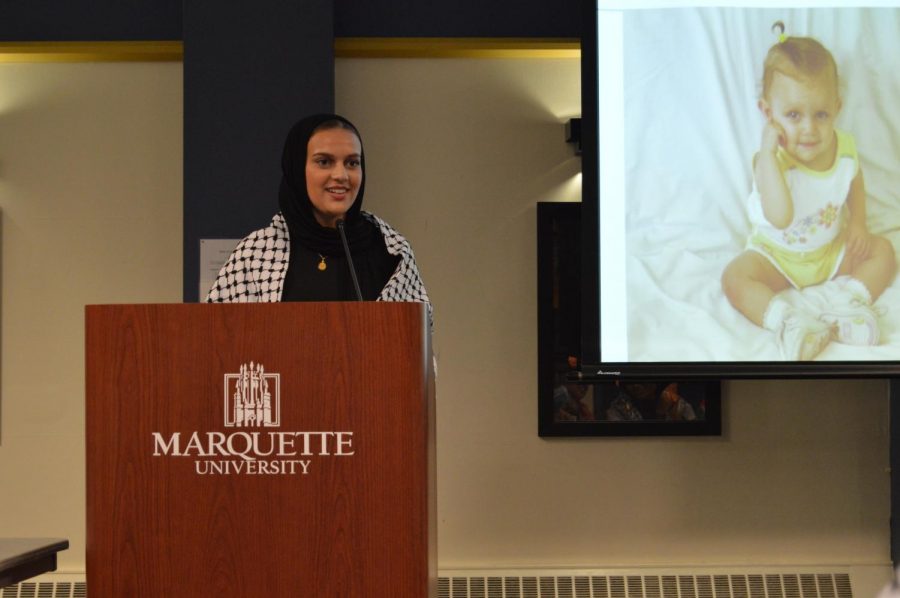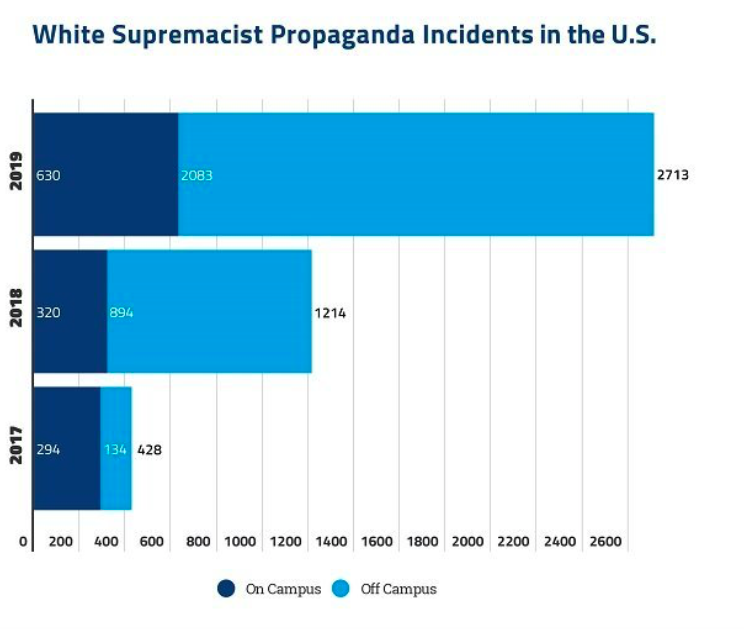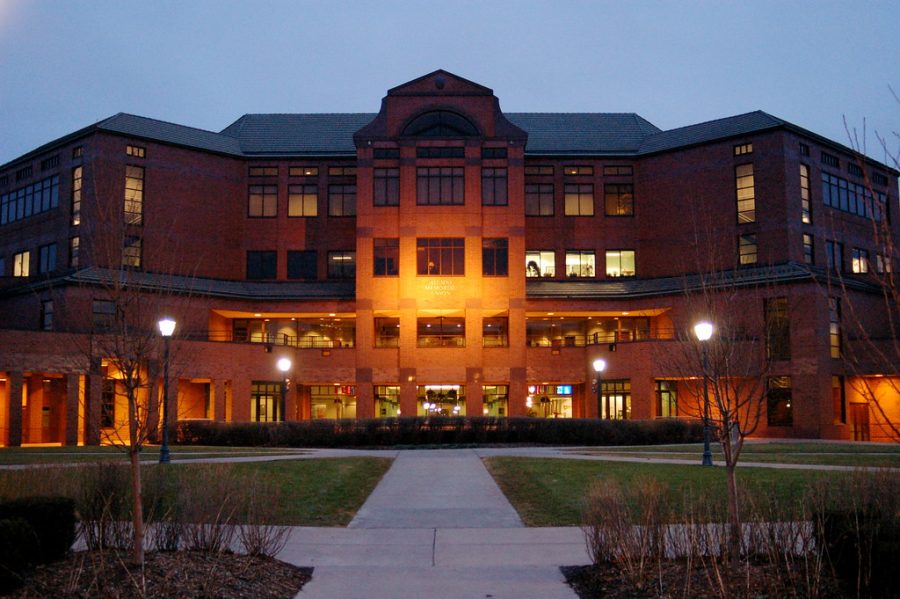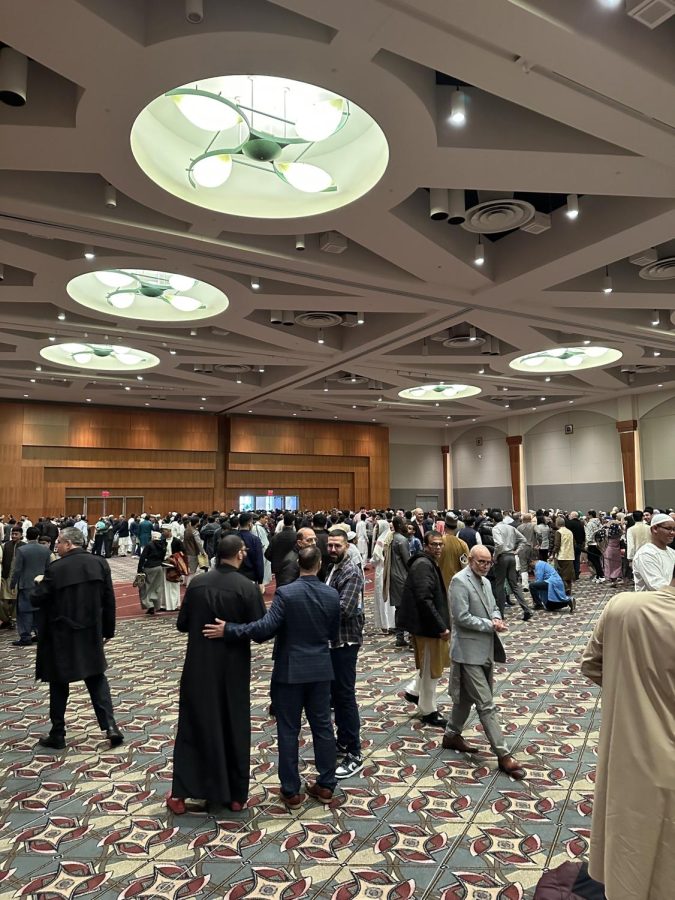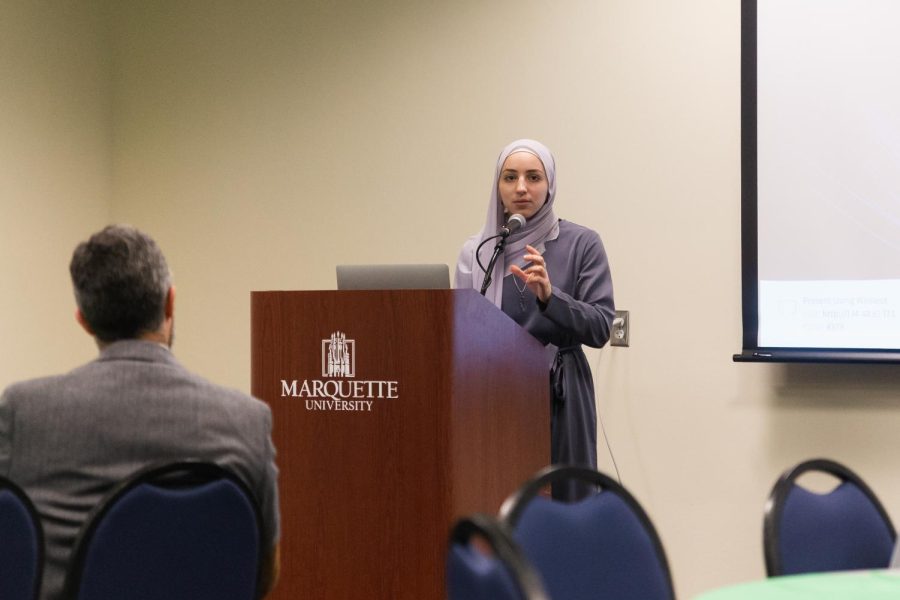Many Muslim students say being on Marquette’s Catholic campus isn’t difficult, but there are some institutional practices that get in the way of celebrating Ramadan, the month-long Islamic celebration that ends Saturday.
“People on campus are so willing to learn about Islam and fasting,” said Shazia Ali, a junior in the College of Arts & Sciences and the vice president of the Muslim Student Association.
A lot of people at Marquette are close to their faith, even if they’re not Muslim, Ali said.
“Even though it’s not the same religion, we’re all a part of that community, that faith-based community,” she said.
Ramadan is a month-long fast that all able-bodied Muslims are supposed to observe, said Irfan Omar, a Marquette assistant theology professor. It is the most sacred time in the Islamic calendar, he said. Muslims believe Muhammad, prophet and founder of Islam, received the revelation from God, called Allah, to write the Quran during this time, Omar said.
Muslims eat breakfast before sunrise, then fast until after sunset. The fast is then broken with dates and water because this is the way Muhammad, prophet and founder of Islam, broke his fasts.
Muslims then say the Maghrib, the prayer that breaks the fast, said Shazeen Harunani, president of MSA and a senior in the College of Arts & Sciences.
After the prayer comes the Iftar meal.
Harunani agrees the Marquette community is open to Islam, but said she wishes there was more institutional knowledge about Islam.
People don’t do things on purpose that make celebrating Ramadan and Eid al fitar, the celebration of the end of Ramadan, difficult, they just often don’t know the celebrations are going on, she said.
Professors will have exams scheduled on Eid al fitar, not knowing this is a special day for Muslims, Harunani said. Most professors are understanding and will not make Muslim students come in that day once they know, she said.
To celebrate Eid al fitar, Muslims go to the mosque for a special morning prayer and then go to each other’s houses to eat, Harunani said. Some families also exchange gifts, she said.
Eid al fitar is supposed to be a three-day celebration, but is usually only celebrated for one day, Harunani said. Muslim students can’t just tell professors they’re celebrating for three days, she said.
Muslims at Marquette are already used to adapting their customs to the culture of the Midwest and the United States, Harunani said.
Another institutional practice that makes celebrating Ramadan difficult is the early closing of most dining halls, Harunani said.
During Ramadan Muslims can’t eat until after the sun sets, usually around 7 p.m. The only dining halls open that late are McCormick Hall (open until midnight daily) and Schroeder Hall (open until 10:30 p.m. Wed.- Sun.).
Harunani recalls being a freshman living in Straz Tower and not having the energy to walk to McCormick for her late dinner because she had been fasting all day. She said she never ate in the dining halls. Instead, Harunani said each weekend she would go home and her mother would send her back to school with lots of food.


